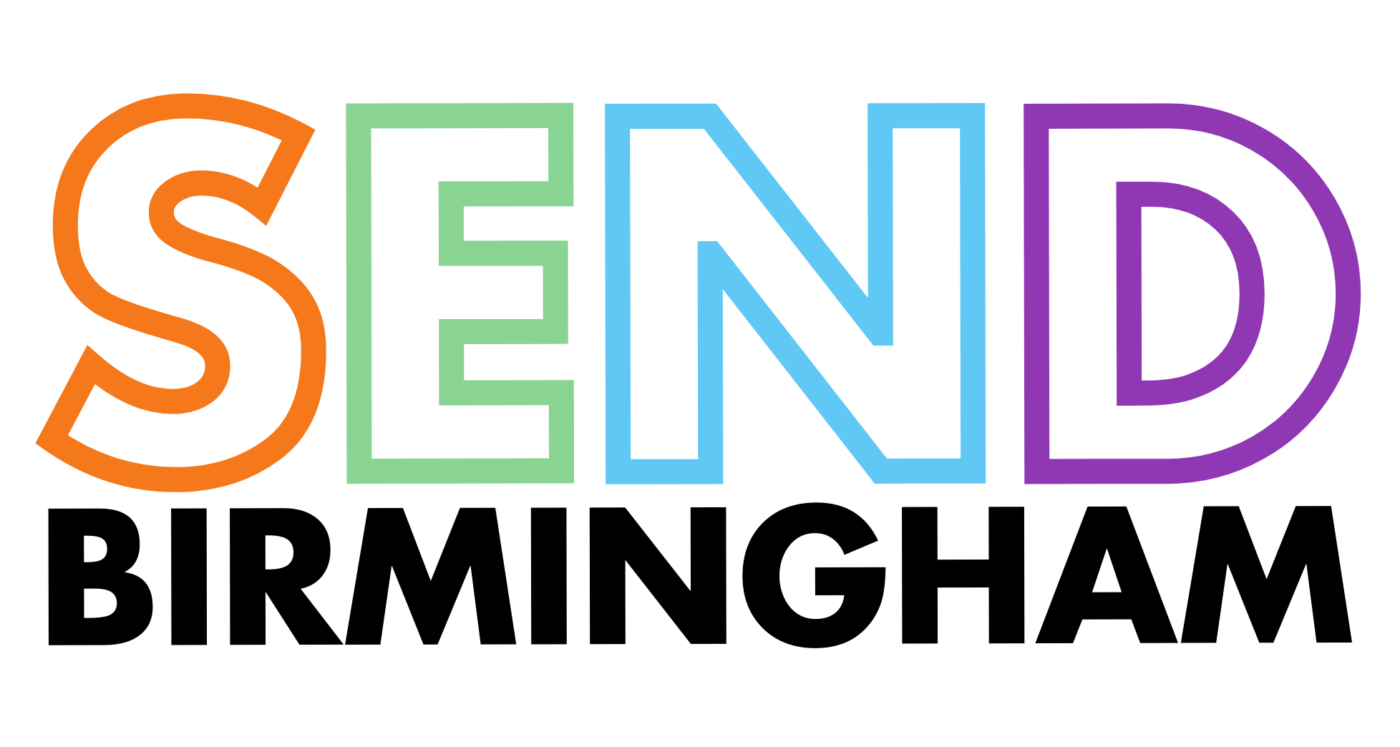Support for your Child
The Physical Support Team (PST) support children and young people on caseload from 3 years to 16 years who have a physical difficulty or medical condition that has a significant impact on their physical access to the school or nursery they attend.
Supporting Children and Young People
PST support children and young people on caseload from 3 -16 years who have a physical difficulty or medical condition that has a significant impact on their physical access to the school/nursery they attend.
The team supports children and young people by:
- Offering educational advice on the physical access to the curriculum. This ensures the children and young people make progress and are fully included in all aspects of school life
- Recommending resources and strategies that they can use in the classroom to show the teacher what they have learnt
- Recommending ways of recording their work using computers, laptops, and tablets
- Supporting children and young people to be active and join in with PE and swimming lessons with their friends
- Supporting children and young people to join in with practical lessons e.g., Art, Food and Design Technology and Science
- Supporting children and young people to join in with all educational visits/school trips
- Supporting young people in preparing to leave school
- Listening to the views of parents, carers, children, and young people, and including them in decisions that affect them
Supporting Education Settings
The team support schools and other education settings by:
- Offering advice to schools and nurseries about the Equality Act
- Advising schools about educational provision and funding
- Attending annual reviews of children and young people on active caseload who have an Education, Health, and Care Plan (EHCP)
- Supporting the writing of Send Support Provision Plans (SSPPs) for children and young people on active caseload
- Supporting schools in writing physical management plans for children and young people on active caseload
- Offering advice around accessible schools in the local area
- Supporting the return to school for children and young people who have been away from school because of illness/hospital stay
- Offering training for nurseries, primary schools, and secondary schools
- Offering virtual meetings to nurseries for pupils that do not meet criteria for caseload support
- Offering P.E advice to schools
- Encouraging schools and health care professionals to work together
- Letting schools and nurseries know about appropriate support groups and charities
Parent and Carer Contact with a Physical Support Team Teacher
- The school will refer your child to the team, and you will be asked to sign to give your consent.
- The first meeting will be held in school with the SENCo and yourself to share information with the support teacher.
- The support teacher will come into the school, meet your child and offer advice to the school.

